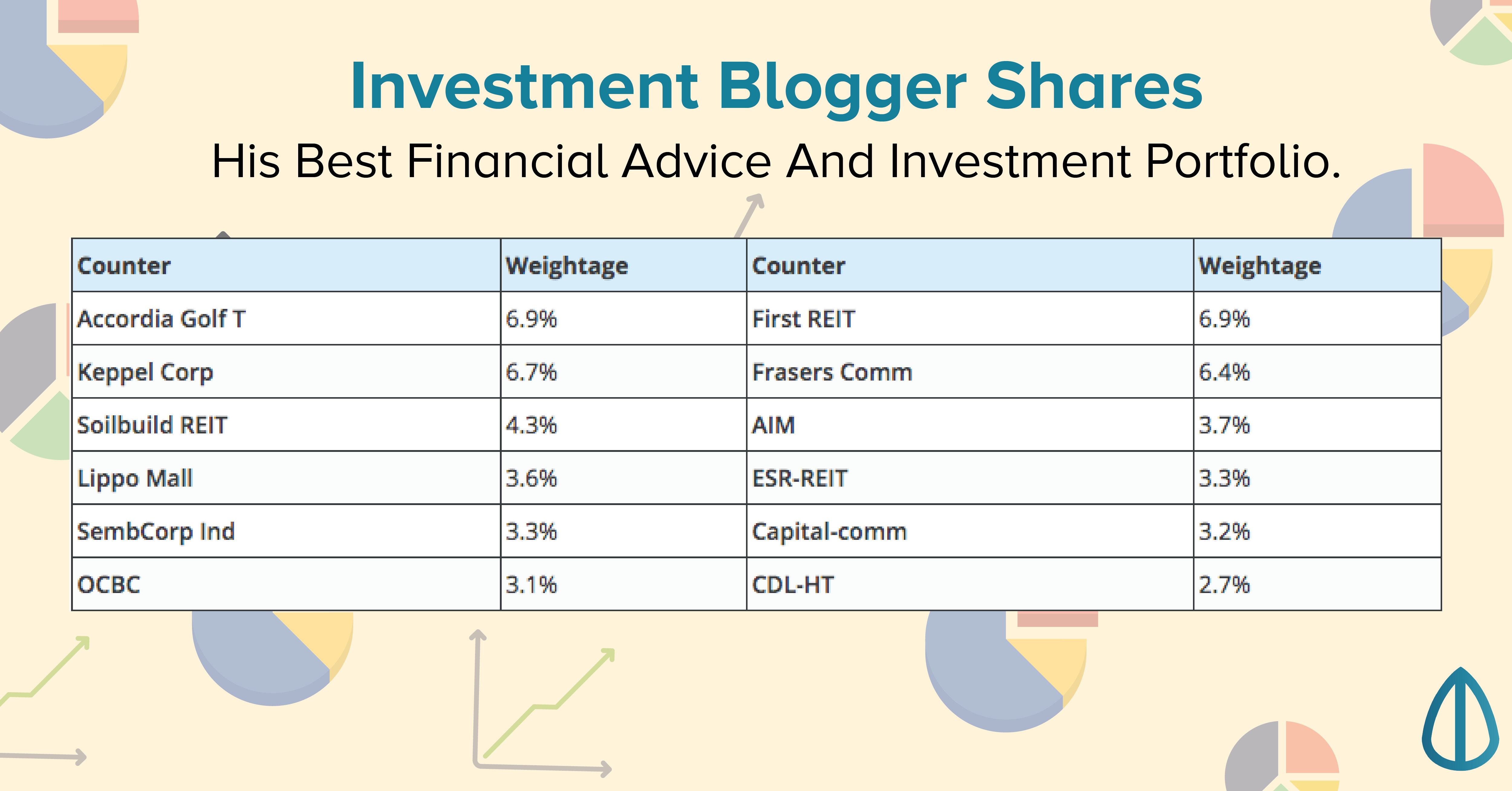Advertisement
Anonymous
Have anyone heard of or invest with AVIVA navigator? Should I continue to invest with them?
I’ve been investing for unit trust fund with them since 2017 haven’t seen much growth but I believe it’s still early to tell. The fees seem to be on a higher side. Anyone have prior experience in investing with them to share their experience? Should I continue to invest with them?
10
Discussion (10)
Learn how to style your text
Reply
Save
Pang Zhe Liang
13 May 2020
Lead of Research & Solutions at Havend Pte Ltd
The best way to do this is to have a discussion with your agent to understand the funds that you are invested into. Through this process, it allows us to understand the nature of the investment allocation that we have, the funds that we are invested in, alongside with its track records and fees.
Meanwhile, we should also spend quality time to understand the current market situation to find out why our funds are not performing. For instance, is it because of poor diversification or whether it is market risk in general.
More Details:
Types of Investment Risk that You should know
Thereafter, you may wish to compare with similar assets in its class to determine whether the fees are reasonable.
Through this steps, it will give you a clearer picture on your investment and help you to make an informed decision on whether you should continue to invest with them.
I share quality content on estate planning and financial planning here.
Reply
Save
Elijah Lee
12 May 2020
Senior Financial Services Manager at Phillip Securities (Jurong East)
Aviva navigator is merely a platform, what matters more is your fund selection. You'll also want a h...
Read 4 other comments with a Seedly account
You will also enjoy exclusive benefits and get access to members only features.
Sign up or login with an email here
Write your thoughts
Related Articles
Related Posts
Related Posts
Advertisement








Heard of navigator trust account